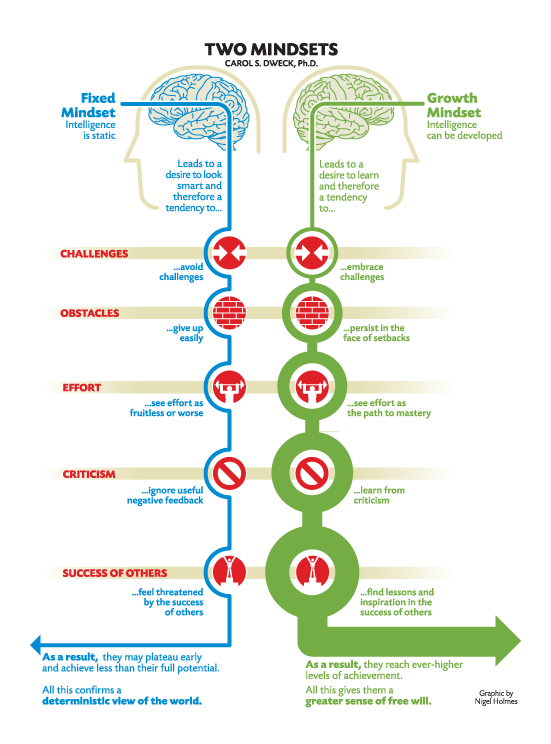 By Patrice Palmer
By Patrice Palmer
In my role as a TESL trainer, I believe that the most important aspect of practicum observation is for students to mentally prepare themselves for feedback. I tell students BEFORE they start teaching that my feedback is given in the spirit of professionalism with the goal to help them develop their teaching skills. I also make sure that they understand that feedback is based on their teaching skills only and is not a reflection of them as people. These are two very different things.
In my experience, the majority of teacher-trainees have responded well to feedback and are actually grateful for advice on how to improve their teaching skills. Unfortunately, a small number have viewed feedback as negative and/or as criticism.
Here are two good examples from former TESL students enrolled in the same course:
Student A
“I feel there is so much to remember in a lesson in terms of how to organize, what questions to ask, when to ask, etc….I feel jumbled. I appreciate your feedback – it is so sensible and valuable. I know I have great deal to learn and trust it will come more naturally in a real-life setting and in time. I value your insight as you have practical and beneficial comments that promote positive change. Thank you again for all your efforts to help me improve”.
Student B
“Your criticism of my teaching seems to be negative and critical. I am just about the finish my TESL program and I don’t feel ready”.
So how can two people have very different views on their feedback? It should also be noted that Student A did not perform better than Student B. I believe it could relate to having either a fixed mindset or a growth mindset. Let me explain.
For the past twenty years, Dr. Carol Dweck (listen to her TEDtalk Developing a Growth Mindset here) and her colleagues at Stanford University have been conducting research in the area of student success related to their beliefs regarding qualities, abilities and intelligence. As a side note, I’d like to say that my own views on teaching and learning have been greatly influenced by Dr. Carol Dweck and her book, Mindsets, but that is another blog post. In any case, in relation to learning the theory of mindsets focuses on areas such as how students face challenges and obstacles, their effort, and feedback. A person with a fixed mindset would respond poorly and see feedback as criticism, whereas a person with a growth mindset would learn from feedback and suggestions, embrace the strategies suggested as a way to improve, and act on the feedback from the instructor.
Dr. Dweck recently spoke at the Leaders to Learn from Conference Education Week in the United States. In her talk she suggested that teachers should not “use mindsets to label students.“ She also pointed out that “there’s a misconception that every student and teacher can be put into one of two categories: those with growth mindsets and those with fixed mindsets, but in reality, everyone “has a little bit of both.”
As I prepare for the end of course practicums, I am mindful of how my feedback is perceived, and of the fact that I want to encourage new teachers, not demoralize them. It is a fine balance and I am still walking that tightrope.
 References:
References:
Blad, E. (March 2016). Leaders to Learn from Conference – Washington. Retrieved from http://blogs.edweek.org/edweek/rulesforengagement/2016/03/nurturing_growth_mindsets_six_tips_from_carol_dweck.html
Dweck, C. (2006). Mindset: The new psychology of success. Random House
Holmes, N. (n.d.). Retrieved from http://nigelholmes.com/graphic/two-mindsets-stanford-magazine/


Awesome!